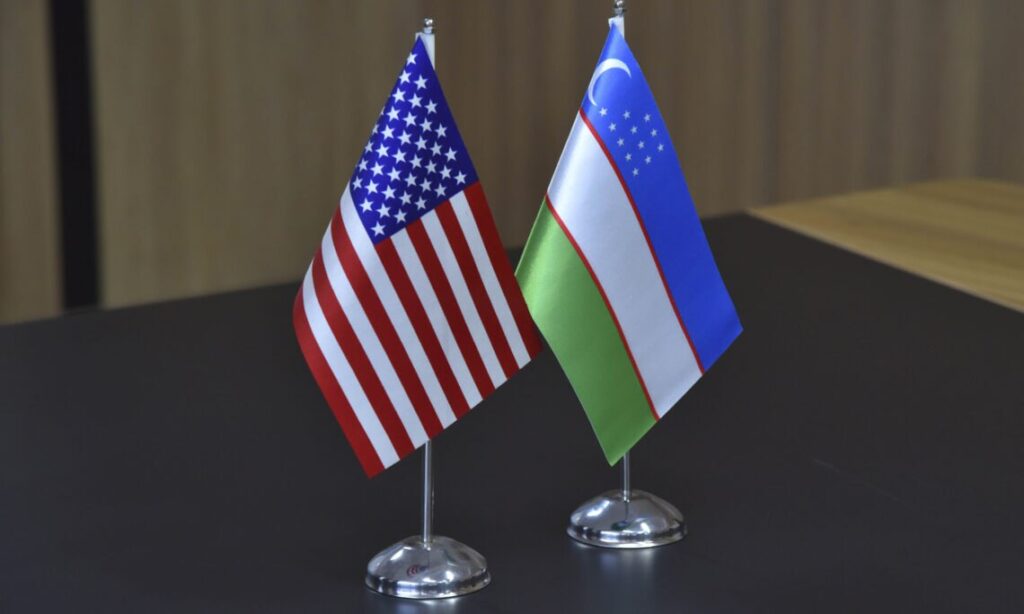China Expands Footprint in Central Asia
In July, Chinese leader Xi Jinping, architect of the Belt and Road economic initiative, traveled to Kazakhstan for a meeting of the Shanghai Cooperation Organization, a security group whose founding members include several Central Asian countries. There, Xi warned against the threat of “external interference” and celebrated Chinese collaboration with President Vladimir Putin of Russia, the region’s other traditional power. Then he visited Tajikistan, a security partner that borders China and Afghanistan. Europe and the United States, which want to counterbalance Chinese and Russian sway in Central Asia, were watching. Last week, several analysts affiliated with Western institutions held a Zoom discussion titled "The China-Central Asia Crossroads." It was hosted by the Center for the National Interest, a non-profit group based in Washington – a few blocks from the White House. Here are excerpts from the analysis: Balancing China and Russia: Temur Umarov, a fellow at the Berlin-based Carnegie Russia Eurasia Center: There is a misconception that “China is somehow replacing Russia” as the main partner in Central Asia because of unease over Russia´s full-scale invasion of Ukraine in 2022. “The reality is much more nuanced and detailed,” Umarov said. Since the end of the Soviet Union in 1991, he said, Central Asian countries have always looked for “diversified ties with the world” and “Central Asia wants to have China’s presence be enlarged into other spheres and to have a counterbalance in the face of Russia.” Elizabeth Wishnick, an expert on Sino-Russian relations at the Center for Naval Analyses and the Weatherhead East Asian Institute at Columbia University: “Central Asians wanted to diversify away from Russia to have more choice. China is not necessarily the only partner they want. And they they've been trying, especially recently, to engage with European countries, with India, with Iran, with Turkey, with a broader range of countries.” Wishnick, who traveled recently to Central Asia, said some people described Russia as “toxic” in private conversations. She also said: “You see a lot of caution about the relationship with China in terms of the lack of transparency of some of the projects that China is investing in, the potential environmental consequence of some of these projects.” Brian Carlson, a research professor at the Strategic Studies Institute of the U.S. Army War College: There is “a little bit of slippage of Russian influence in the region,” although Putin has worked to maintain it with frequent meetings with Central Asian leaders, Carlson said. He noted that, after Putin visited China in May, he called the leaders of Kazakhstan and Uzbekistan to update them on the trip. Even so, China’s influence is increasing. “And so, this does pose challenges for the Central Asian countries. In the past, they've kind of tried to play Russia and China off against each other. To some extent, that will be more difficult given that China and Russia have a very close partnership. So, it will be difficult for Central Asian countries to navigate great power relations in the coming years....




